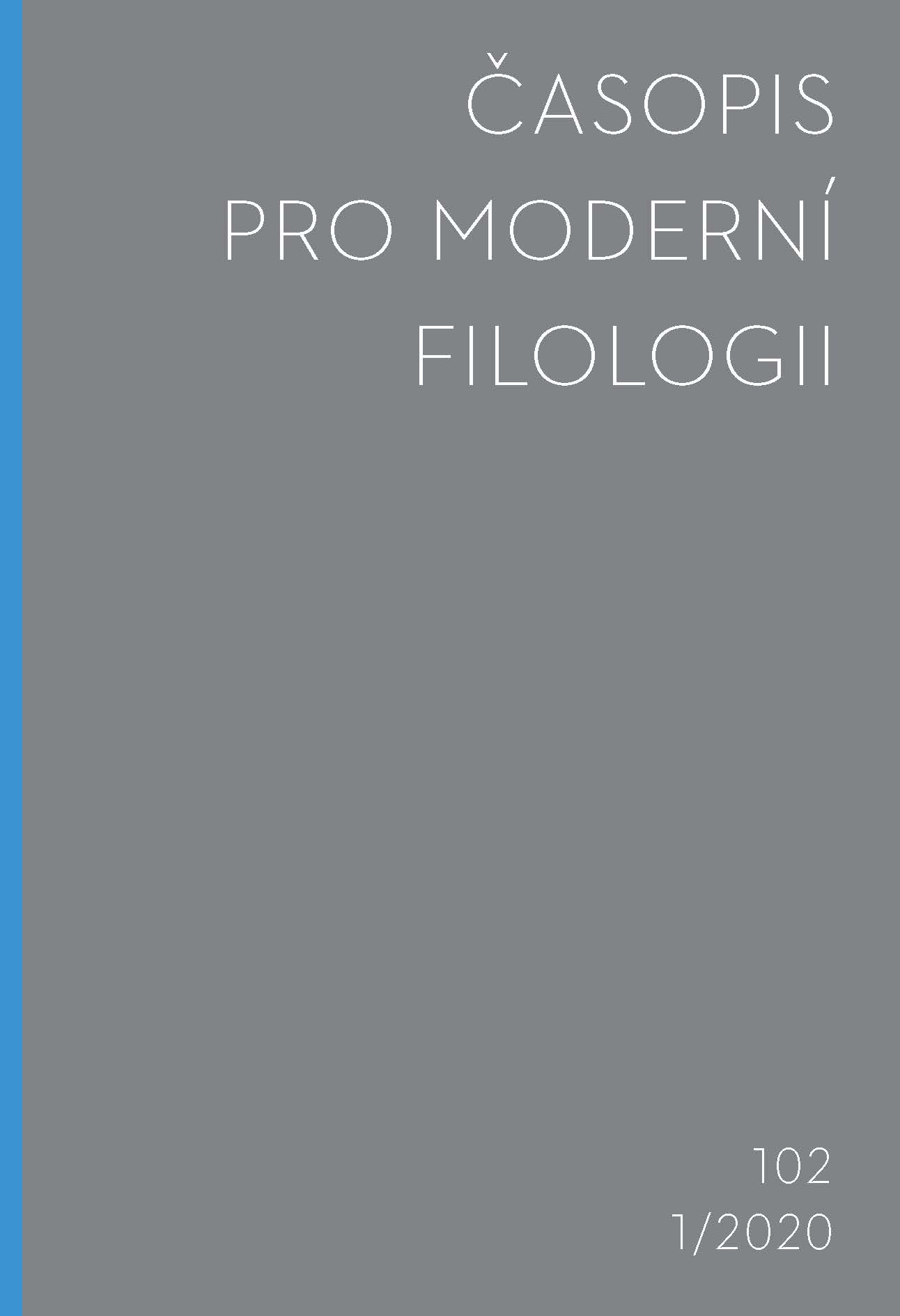O času a způsobu modálních sloves v italštině ve srovnání s angličtinou
On Tense and Mood of Modal Auxiliaries in Italian in Comparison with English
Author(s): Eva KlímováSubject(s): Language and Literature Studies, Comparative Linguistics
Published by: Univerzita Karlova v Praze - Filozofická fakulta, Vydavatelství
Keywords: modal auxiliary; type of modality; epistemic; deontic; necessity; possibility; borderline; tense; mood
Summary/Abstract: The article deals with Italian and English modal auxiliaries, considered as non-grammatical competitors of grammatical means, i.e. the verbal mood, acting as indicators of different modal meanings. Within the modality of the utterance, defined as “the grammaticalization of a speaker’s (subjective) attitudes and opinions”, modal auxiliaries may not only be associated with epistemic and deontic modal meanings; they may also contribute to the expression of various illocutionary acts. Thus, they are observed on the borderline between different types of modality. The tense and mood of two Italian modal auxiliaries, potere and dovere, are investigated with the aim to demonstrate how their inflexional forms may correspond to several English modal auxiliaries expressing the same modal meaning. At the same time, the constructions with modal auxiliaries may be considered as analytical deontic and epistemic moods that contribute to the explicit indication of a particular modal meaning.
Journal: Časopis pro moderní filologii
- Issue Year: 102/2020
- Issue No: 1
- Page Range: 72-86
- Page Count: 15
- Language: Czech

